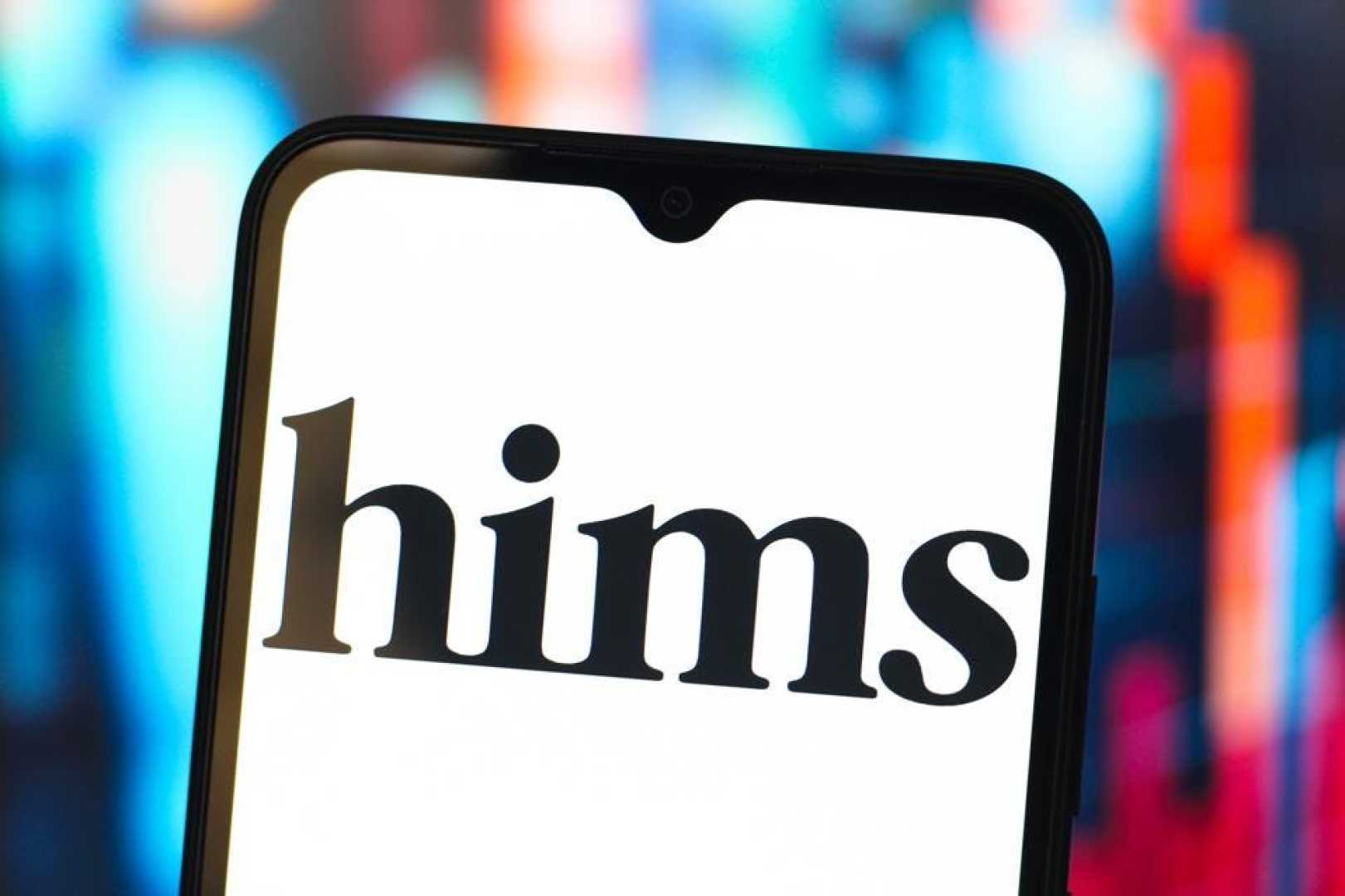Business
Hims Faces Challenges Amid Stock Volatility and Regulatory Changes

San Francisco, CA — Hims & Hers Health, the telehealth company renowned for its erectile dysfunction products, is navigating turbulent waters in the wake of significant regulatory changes. Founded in 2017, Hims initially thrived by offering generic drug alternatives as patents on well-known medications expired. CEO Andrew Dudum compares his business model to the rise of Netflix, emphasizing the importance of customer relationships and filling gaps in healthcare.
Recently, Hims saw its stock soar over 800% in early 2023, but this fortune reversed dramatically after the U.S. government revoked the licensing for compounding pharmacies to produce copies of GLP-1 weight-loss drugs, which had contributed about 15% to last year’s revenue. The company’s stock subsequently plummeted approximately 60% from its peak, putting its growth trajectory at risk.
“By owning that customer relationship, we are in a unique position to bring to market world-class treatments,” Dudum stated in an interview with Sherwood News. Despite the setbacks, Hims has reported impressive revenue growth—$27 million in its first full year ballooned to $1.5 billion in the last year.
Hims originally focused on providing discreet services to men experiencing male pattern baldness and erectile dysfunction. Its clever marketing and brand-building strategy set it apart from traditional generic drug manufacturers. While Hims marketed itself as a nimble competitor in the drug space, concerns have been raised about its practices as the landscape becomes more competitive and regulated.
In a daring move, Hims ventured into mental health and weight-loss treatments, including compounded GLP-1s, shortly before the FDA’s announcement lifting the shortage designation for semaglutide— the active ingredient in drugs like Novo Nordisk’s Ozempic. This decision drastically affected Hims, leading to a cessation of its ability to sell compounded alternatives and a sudden revenue gap.
With Hims looking to adapt, the company slated its revenue expectations for the weight-loss segment to reach $725 million in 2025. Analysts remain cautiously optimistic amidst uncertainty stemming from ongoing regulatory scrutiny and potential lawsuits from drugmakers concerned about Hims’ business practices.
Scott Brunner, CEO of the Alliance for Pharmacy Compounding, voiced concerns, noting, “That’s poking the bear,” referring to Hims’ push for compounded drugs amid changing regulations.
In the wake of setbacks, Hims aims to diversify its offerings, announcing plans to introduce branded medications like Zepbound and its generic counterpart, liraglutide. While the strategic expansion may attract new clients, pricing concerns haunt the advertised products. Hims’ Zepbound treatment plans exceed $1,500 per month, overshadowing Eli Lilly’s competitive pricing and potentially alienating cost-conscious consumers.
“Eli Lilly has no affiliation with Hims & Hers,” stated their representative, underscoring the challenges faced by Hims in differentiating its services.
Despite the adoption of liraglutide at a reduced cost of $299 a month, doubts linger about its efficacy compared to competitors. Recent studies reveal that users of liraglutide could expect to lose an average of just 6.4% of body weight, while semaglutide users reported an average loss of 15.8%.
Dudum remains optimistic about Hims’ future, citing consumer accessibility as a guiding principle. “We see the clinical necessity of personalization to actually be extremely high,” he said, acknowledging the demands of a market evolving under stricter regulatory watch.
The road ahead for Hims could be more nuanced as the firm navigates its evolving landscape within a competitive drug market. For now, investors and consumers alike are watching closely as Hims strives to maintain its market position amid rapid changes.












